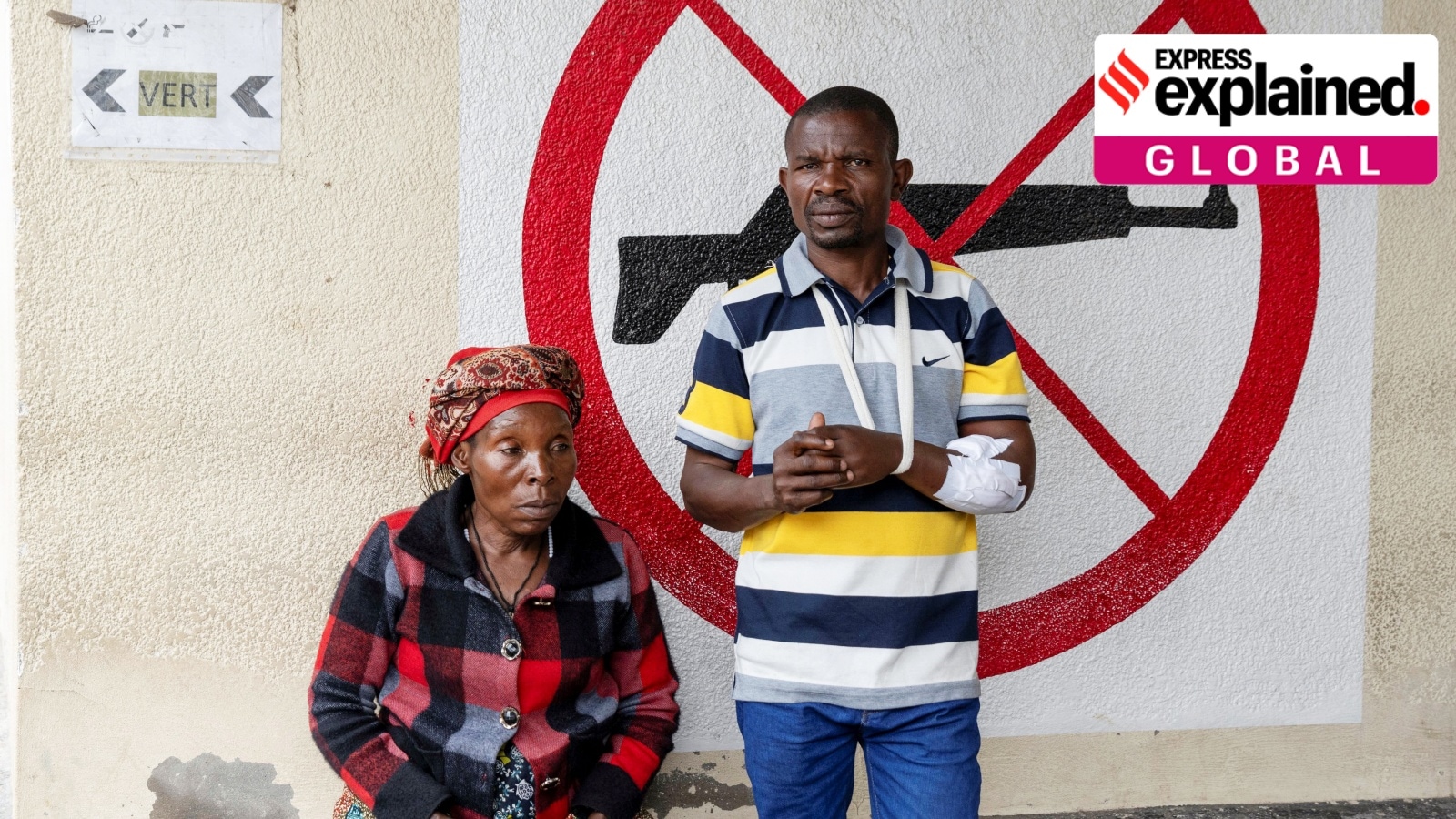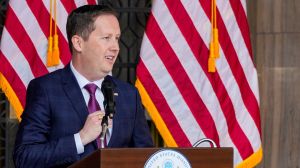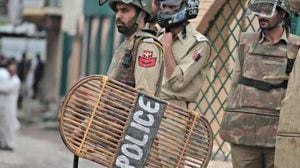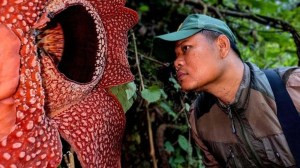What is happening in Congo and why are M23 rebels fighting?
The rebels entered Goma, the capital of North Kivu province, on January 27 night and had seized control of the city's airport by January 28 evening, after facing pockets of resistance in strategic areas
 A patient stands in the courtyard of the CBCA Ndosho Hospital, following the intensification of fighting between M23 rebels and the Armed Forces of the Democratic Republic of the Congo (FARDC). (REUTERS/Arlette Bashizi)
A patient stands in the courtyard of the CBCA Ndosho Hospital, following the intensification of fighting between M23 rebels and the Armed Forces of the Democratic Republic of the Congo (FARDC). (REUTERS/Arlette Bashizi)Rwandan-backed M23 rebels in the Democratic Republic of Congo are seeking to advance south towards Bukavu, the capital of South Kivu province, in an attempt to expand their area of control in the country’s east after capturing the city of Goma. The latest fighting is part of a major escalation of a decades-old conflict over power, identity, and resources that has killed hundreds of thousands of people and displaced more than one million since its recent resurgence.
What is happening?
The rebels entered Goma, the capital of North Kivu province, on January 27 night and had seized control of the city’s airport by January 28 evening, after facing pockets of resistance in strategic areas. Hundreds of government troops and allied militia laid down their weapons.
By January 30 morning, the rebels were in control of the devastated city, where corpses still lay in the streets.
Since then, M23 fighters have pushed southwards into South Kivu, battling the Congolese army and its allies including Burundian troops, sources said. The United Nations on Thursday also cited reports of Rwandan troops crossing the border into South Kivu.
The involvement of Burundian and Rwandan troops on the ground has added to fears the fighting could spiral into a regional conflict.
What are M23 rebels?
M23, which refers to the March 23, 2009, accord that ended a previous Tutsi-led revolt in eastern Congo, is the latest group of ethnic Tutsi-led insurgents to take up arms against Congolese forces. It launched the current rebellion in 2022.
The group has accused the government of Congo of not living up to the peace deal and fully integrating Congolese Tutsis into the army and administration.
It also vows to defend Tutsi interests, particularly against ethnic Hutu militias such as the Democratic Forces for the Liberation of Rwanda (FDLR). The FDLR was founded by Hutus who fled Rwanda after participating in the 1994 genocide of close to one million Tutsis and moderate Hutus.
Advances into new territory by M23 rebels since the start of the year have prompted hundreds of thousands more people to flee their homes. For more than a year, M23 has controlled Congo’s coltan-mining region of Rubaya, generating an estimated $800,000 per month through a production tax, according to the UN. Coltan is used in the production of smartphones and other equipment.
Why is Rwanda involved?
The government of Congo, UN officials and Western powers including the United States have accused Congo’s neighbour Rwanda of fuelling the conflict by deploying thousands of its own troops and heavy weapons on Congolese soil in support of M23. The accusations are based on a 2022 report by a UN group of experts that said it had “solid evidence” that Rwandan troops had been fighting alongside the M23 rebels. According to Rwandan President Paul Kagame’s government, which denies backing the rebels, it has taken what it calls defensive measures and accuses Congo of fighting alongside the FDLR, which has attacked Tutsis in both countries.
- 01
- 02
- 03
- 04
- 05






































